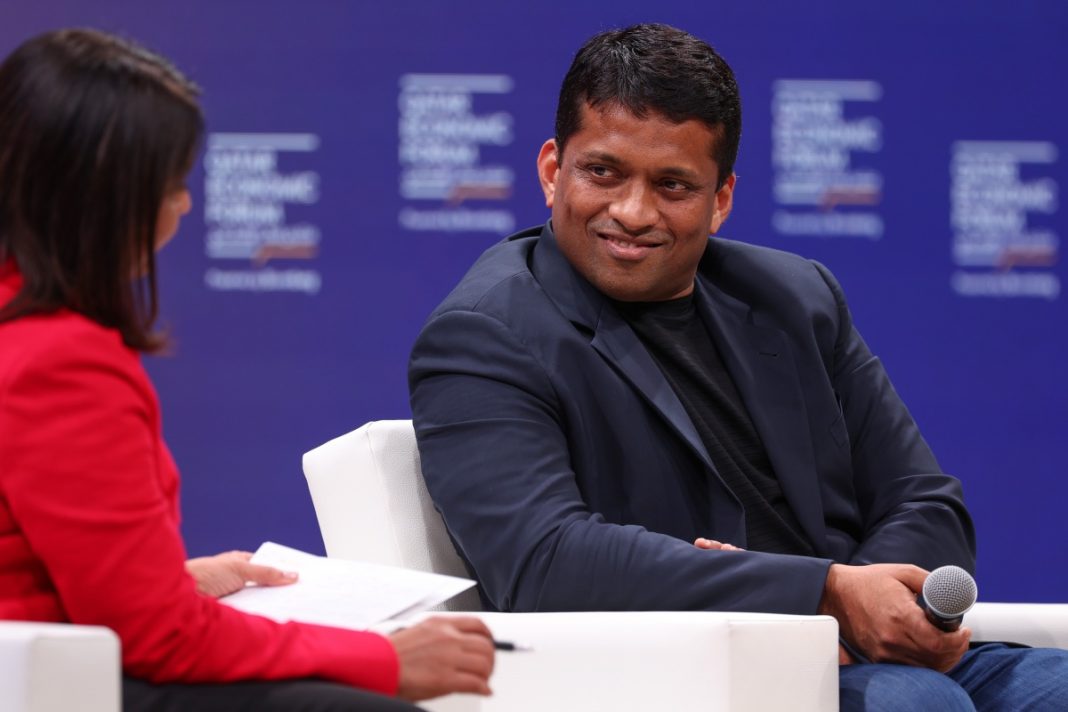Several high-flying Indian startups, including Byju’s, Swiggy and PharmEasy, have experienced a dramatic downward adjustment in their valuations – by a staggering 50% or even more.

Indian startups experienced a significant contraction in funding in the first half of 2023, revealing the knock-on effect of broader public market instability on young ventures in emerging regions.
The first six months of 2023 saw Indian startups raise a mere $5.46 billion, a substantial 68% decline from the $17.1 billion during the same timeframe in 2022, and a drop from $13.4 billion in H1 2021, as per data from market intelligence agency Tracxn shared with .
This year has thus far failed to yield any fresh unicorns in the Indian startup ecosystem, a stark contrast to the 18 new entrants to the billion-dollar club in H1 2022 and 16 minted during the corresponding period the previous year.
The funding drought is permeating startups across different stages. A total of 325 seed funding deals were struck in H1 2023, a dramatic fall from the 936 in the same period in 2022 and 921 in H1 2021, according to Tracxn’s data.
Other early-stage funding rounds, chiefly Series A and Series B, dwindled to 108, compared to 296 and 211 in the equivalent periods in 2022 and 2021, respectively. Late-stage funding also suffered, slumping to 36 deals from 137 and 114 during similar periods the prior years.
The slowdown comes as many late-stage investors, previously prolific backers of Indian startups, have taken a step back. Tiger Global has done just one deal in India this year, according to Tracxn and Crunchbase, whereas SoftBank, which deployed over $3 billion in India in 2021, and Insight Partners that backed several late-stage startups last year and in 2021, wrote virtually no checks.
Instead SoftBank has been bulking up liquidity. For the last several weeks, SoftBank has been selling portion of its Paytm stake each day, according to a market source familiar with the matter. Chief executive Masayoshi Son said at the company’s annual general meeting last week that SoftBank, which has invested just $650 million through its Vision Fund across the globe in the past two reported quarters, plans to go on the “counteroffensive” soon by resuming AI investments.
Tiger Global is highly unlikely to forge investments in new startups in India for a few months, a partner at the firm told a founder recently. Sovereign funds, especially from the Middle East region, have financed nearly all late-stage deals in India in recent quarters.
Rahul Chandra, a seasoned investor and co-founder of Arkam Ventures, said he doesn’t anticipate the return of some prolific late-stage investors to their customary investment activity for at least another two years in India.
The lack of participation from late-stage backers and virtually no IPO have also hurt the appetite of many mid-stage investors, who are struggling to devise new underwriting models that reflect the current public market view. Several high-flying Indian startups, including Byju’s, Swiggy and PharmEasy, have experienced a dramatic downward adjustment in their valuations – by a staggering 50% or even more.
Despite this setback, there remains a ray of hope for Indian startups in the form of considerable ‘dry powder’ – untapped capital reserves held by venture capitalists. Almost every active VC firm in India, including the likes of Peak XV Partners, Lightspeed, Accel, Elevation Capital, Matrix India Partners, 3One4 Capital and Blume Ventures, have secured new and larger funds in the past 18 months.
Chandra said that it’s likely that the pace of investments will pick up in the coming months.
“What we are contained by is mostly locally available capital, which I expect will be behaving in a rational manner because there’s no irrational exuberance coming in to drive valuation up. It’ll still mean that people are chasing each other for termsheets for the good founders because the next two years there will be more capital that will get deployed,” he told in an interview.
Indeed, Peak XV, Lightspeed, and Accel have escalated their deal negotiation efforts and are on track to closing nearly 50 early-stage deals since mid-March, according to people familiar with the matter.
